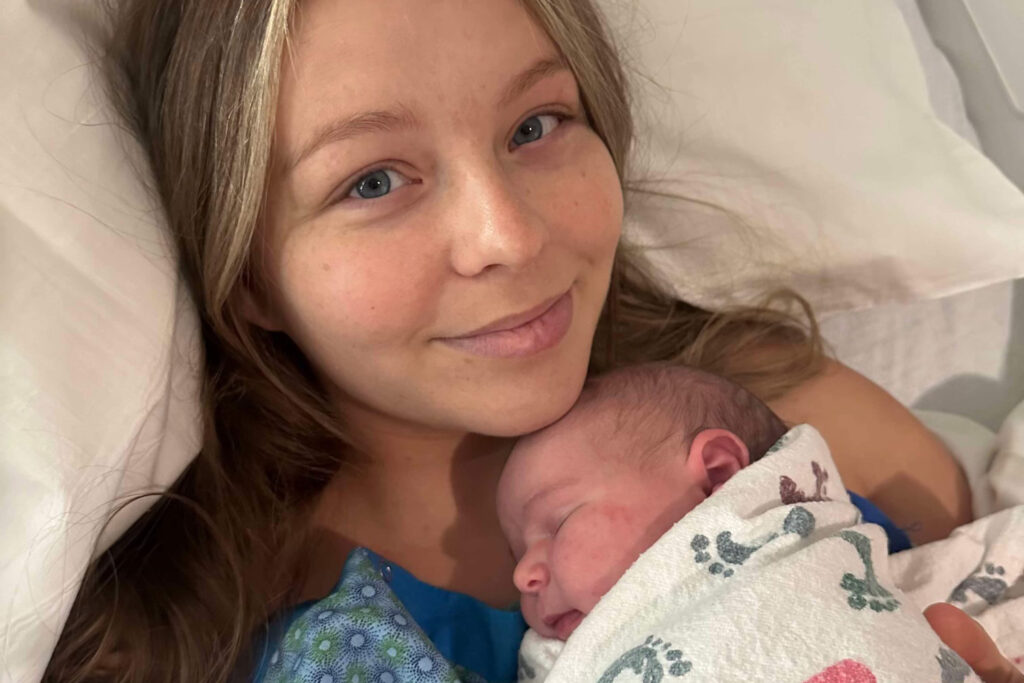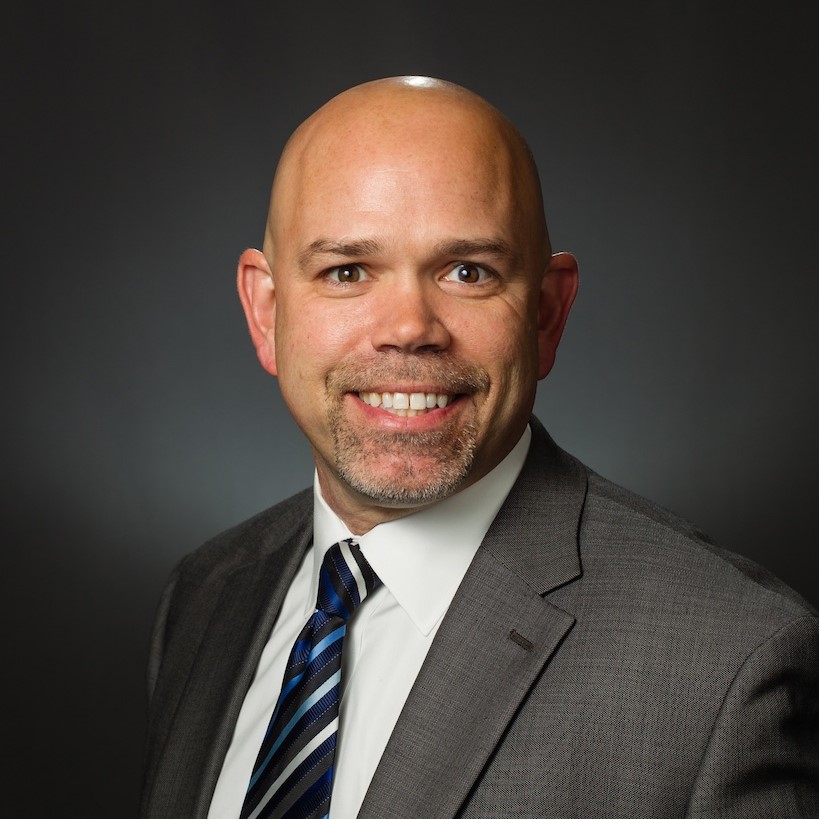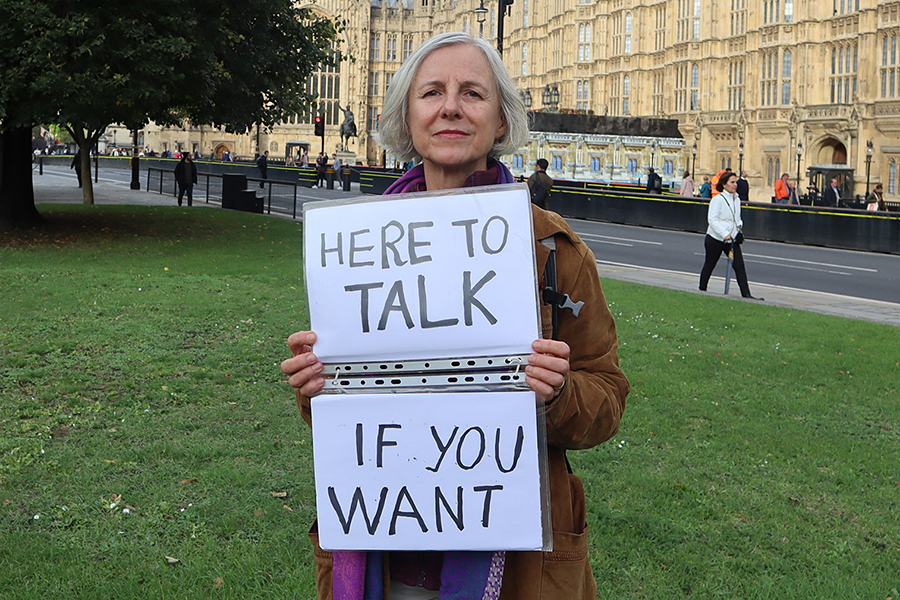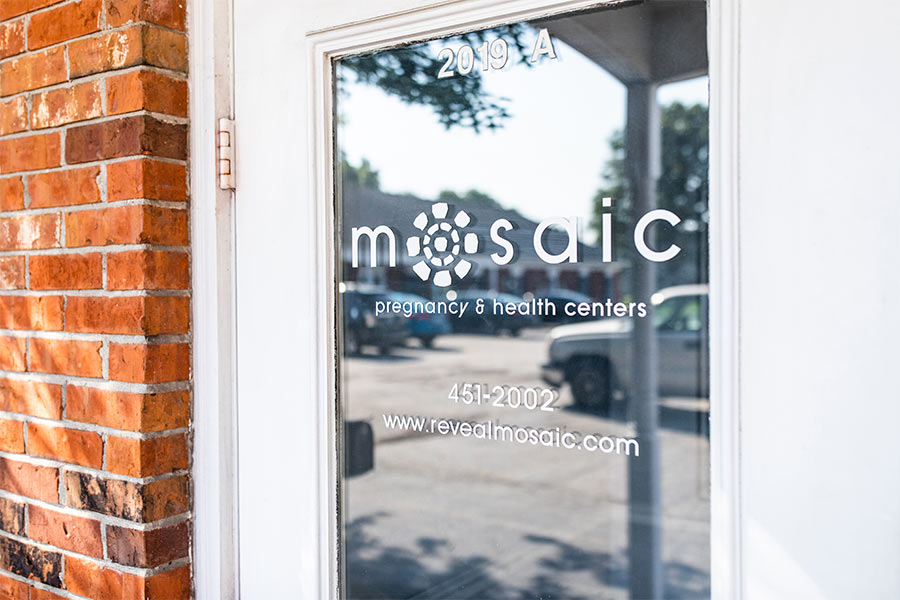
In August 2023, Colorado Gov. Jared Polis said during an interview with CNN that he and his fellow Democratic lawmakers believe that abortion is “bad, [and] it should be minimized.” It was a modern twist on the classic “safe, legal, and rare” line coined by President Bill Clinton years earlier.
The problem for Gov. Polis is that actions speak louder than words. Just months before this CNN interview, he signed a law banning medical professionals from offering or providing abortion pill reversal. And if the law stood as written, it would have barred Colorado women like Mackenna Greene from seeking a potential alternative to abortion.
Mackenna regretted taking an abortion drug
When Mackenna found out she was pregnant in December 2023, she began to panic. She had faced complications during the birth of her first child, and she had concerns about how a second child would affect her financial and housing situation.
At just five weeks pregnant, she decided to have an abortion. She searched “abortion pill” on the internet and found a website that shipped the drugs directly to her. Thanks to the FDA’s reckless removal of safeguards for these drugs, she wasn’t even required to visit a doctor in person before taking mifepristone, a drug meant to end her child’s life.
After taking the drug, Mackenna immediately regretted her decision. When she began conducting research on whether she could reverse the drug’s effect, she learned about abortion pill reversal (APR).
From regret to hope
In the United States, women seeking chemical abortions are commonly prescribed two abortion drugs, mifepristone and misoprostol, with one taken after the other. Mifepristone is taken first and is meant to kill the unborn child by blocking progesterone, a naturally occurring hormone needed to sustain pregnancy.
Many women experience the same regret Mackenna experienced after taking mifepristone. There is a window of time between the first and second abortion drugs during which the effects of mifepristone may be reversed and the baby may be saved. APR is the process of trying to save these unborn children.
In the APR process, medical professionals prescribe women progesterone to “outnumber and outcompete” mifepristone’s effects, as Charlotte Lozier Institute describes it. While APR is not guaranteed to save unborn children, research shows it has a 64-68 percent success rate, and statistics indicate it has likely saved over 7,000 unborn children.
In her research, Mackenna found the Abortion Pill Rescue Network. The network connected her to Chelsea Mynyk, a nurse practitioner and certified nurse midwife who runs her own clinic in Castle Rock, Colorado.
Mackenna quickly scheduled an appointment with Chelsea, who she says immediately put her at ease. Chelsea examined Mackenna, explained the APR process, and even printed out an ultrasound with the word “HOPE” written on it.
Chelsea prescribed progesterone for Mackenna and continued seeing her weekly until she was 13 weeks pregnant. She also provided prenatal care for Mackenna until she was 20 weeks pregnant. And in the summer of 2024, Mackenna gave birth to a healthy daughter.

Mackenna considers her daughter a testament of God’s faithfulness. Without APR, this birth might not have been possible. Unfortunately, someone tried to use Mackenna’s inspiring story to punish Chelsea.
Chelsea challenges unconstitutional law banning APR
In January 2024, an individual found out that Chelsea was providing APR for Mackenna and filed a complaint against Chelsea and her clinic. Mackenna never authorized or suggested the complaint, and the individual had no personal knowledge of Mackenna’s story.
Nonetheless, the Colorado Board of Nursing opened an investigation into Chelsea under Colorado’s law banning abortion pill reversal. So Alliance Defending Freedom joined a lawsuit on Chelsea’s behalf challenging the unconstitutional law.
Colorado court ruling allows women the choice of APR
Mackenna considers herself one of the lucky ones because she was able to seek Chelsea’s help to save her baby’s life. She wants other women to have that opportunity too. But if Colorado had its way, Chelsea would have been barred from providing this potentially life-saving care.
Thankfully, a Colorado district court permanently struck down the law banning APR in August 2025.
Colorado has no right to prevent health-care professionals from doing their most important job: saving lives. Expectant mothers who regret taking mifepristone deserve the chance to try to save their children, and health-care professionals like Chelsea will now be allowed to provide that opportunity.






